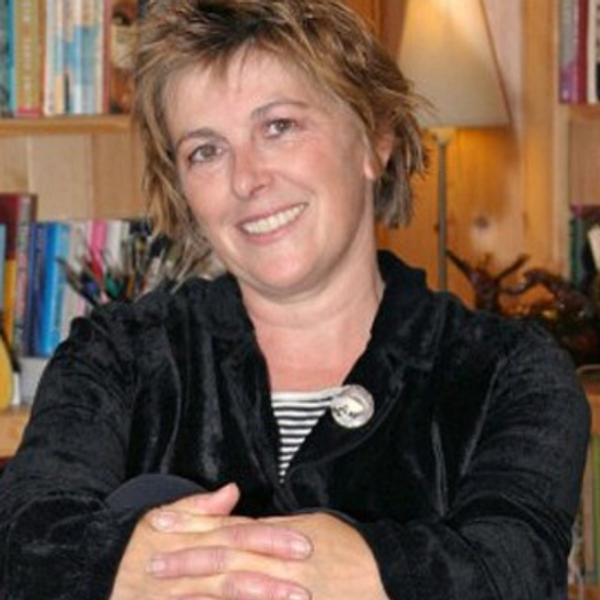As a new novelist, I find one of the hardest things to consider when writing is what age group I plan to write for. I want to write for teens, but I want to try and be serious for adults. I want to make children happy and engaged in reading while proving to college kids that I can entertain them too. While I've settled on Young Adult for all my books, another concern that enters my mind is word count/page length.
Novels are 40,000 words while Novellas are 20,000-40,000 words long. I've never had a problem reaching the bare minimum for novels, but the more I think about college students, the more I realize that trying to exceed the word limit causes more harm than good. Why? Well, college students are busy and barely have time to breathe, let alone read a thick book that may or may not interest them. So, I thought to myself, what can I do to make my book readable while keeping true to traditional rules?
Well, that's just it: Students are too busy for books the size of two bibles or many of them reject longer books because they know it will take them forever to finish it. So, while I want to keep up with other writers and bust out 40,000+ word novels every two months, even I don't have time to write, edit, and re-read my own work. Why would I pass that onto my peers? Part of me is dying on the inside knowing that I am flat-out disobeying the word count rule, but my peers reminded me of something over the last couple days.
After asking quite a few people, I realized that most students just want a good story and size is often irrelevant. Granted, they still want a good story inside those pages, regardless of how many there are. I wrote my first book in high school and it barely broke 20000 words, yet I have heard that I had a story laid out, characters developed, and a conflict introduced. Sure, it's not for the New York Times Bestseller worthy, but it still got the point across. Yet, my next book went above 75,000 words and even I sat back and said, "That took way too long for anything to happen."
My writing style often includes an already established problem/conflict the characters must face. More often than not, the conflict has been going on for years and my book is the solution to that problem or the story of a character living through it. Moreover, my characters will always have an already established relationship of some sort before the book even begins so I don't have to waste time making one happen. Whether it be romantic or for the sake of friendship, there will always be an established relationship, giving me the freedom to move the plot along.
Having said that and reviewing what my peers have said, I came to the conclusion that, despite the pain of ignoring the word count rule, I need to write in a way that makes my readers happy. This will come in the form of well made characters, plot, conflict, and relationships in a shorter format. My plan and goal is to write 10+ books that are all part of a series, but each book does not exceed, even by a single word, 40,000 words.
To put that in perspective, that's about 4,000 words longer than The Lion, the Witch, and the Wardrobe, but shorter than The Great Gatsby. Each individual book will an arch of the main story, giving the freedom to pick and choose which books will be read in whatever order. For sake of argument, it's like episodes in a TV series where three episodes tell one story or four tell another. In short, I would call it "Episodic Novels", or books that tell one small story in the grand plot.
Why do this? Because students barely have time to read and I want to make it easier for them. And given my style of writing, I don't need a Twilight sized book to get my point across. I'm often straight forward, quick to explain my purpose, and easy going with the details. I provide just enough and still tell a decent tale. Shorter books that can be read in a week, or even less, will allow book lovers the chance to enjoy themselves without overloading themselves. Making these books part of one series allows readers to also see that there is more to the story without smashing all of it into one hardback cover.
So, the genre I have decided to call my style of writing is "Convenient Reading" -- shorter books, but still with that same great storytelling I am capable of. Sure, I have to ignore the word count, but if a student doesn't care about the length and all they want is a decent story, then who cares? They're not counting each word to see how long it is; they're trying to see if the words already there will keep them entertained.
It will be a hefty goal to reach, but I'm gonna go for it and publish them accordingly like I have in the past. For all the new writers out there unsure of what to do or who are afraid of the word count requirements, just think about who you're writing for and find a way to make it enjoyable to write. Requirements and expectations keep creativity stifled and will do more harm than good, so don't let them scare you into ruining a great story.




















